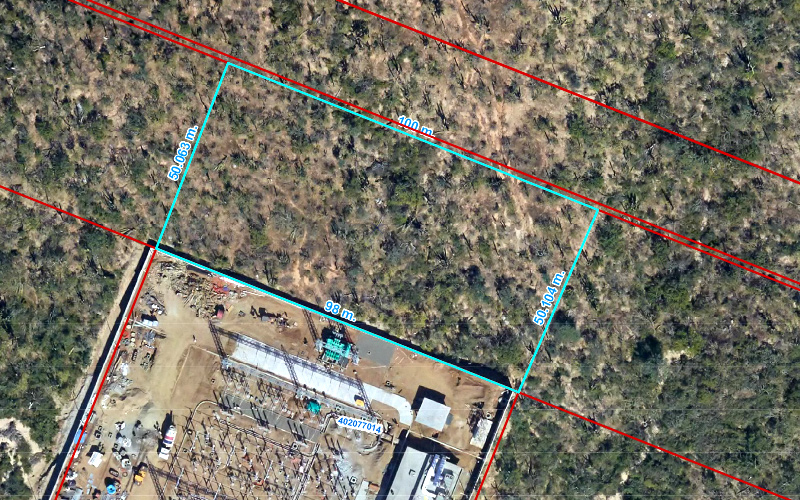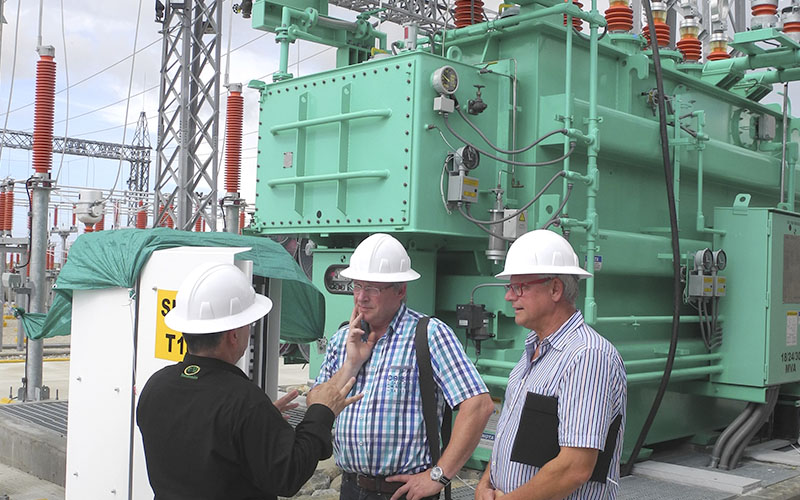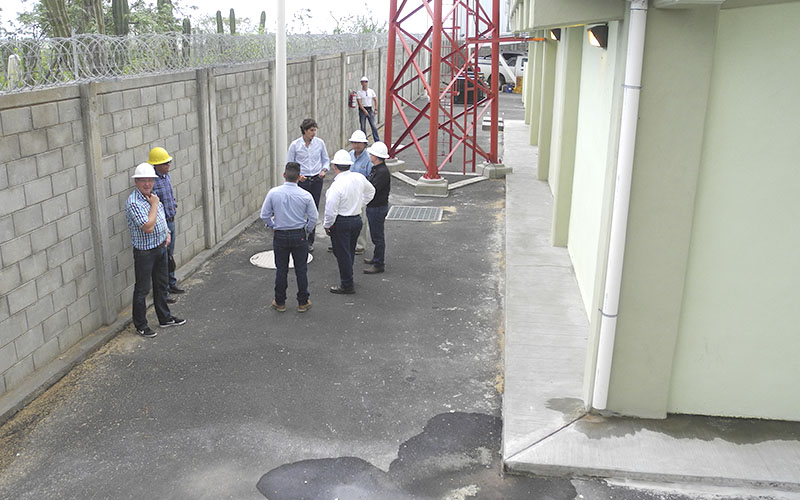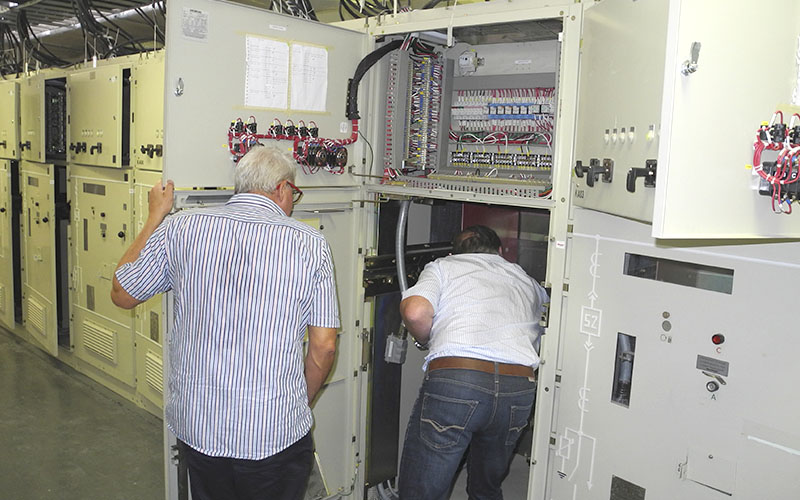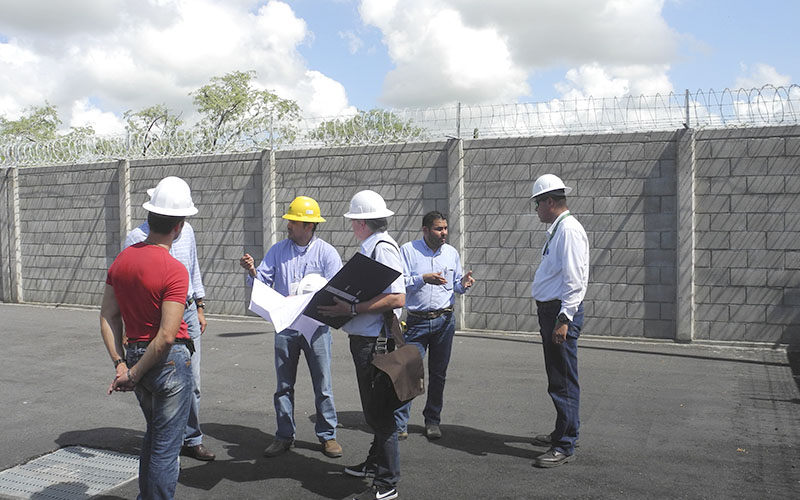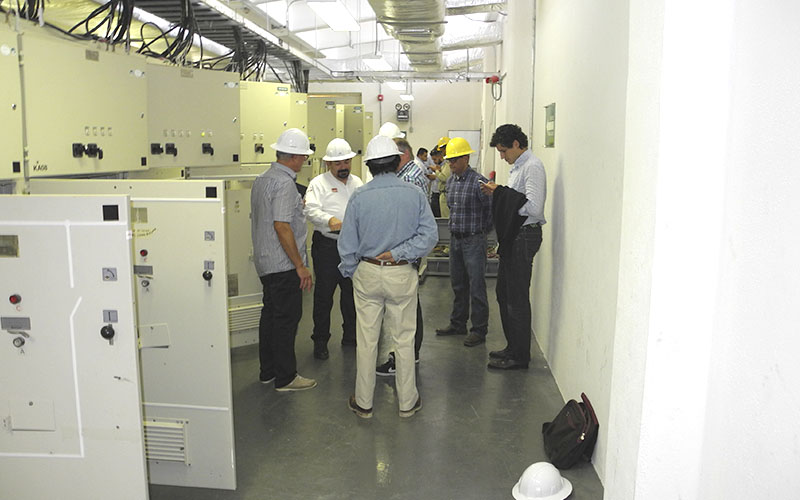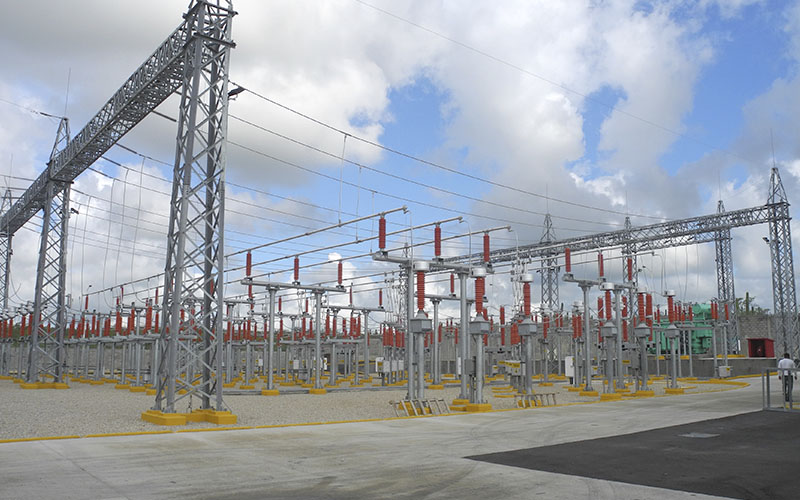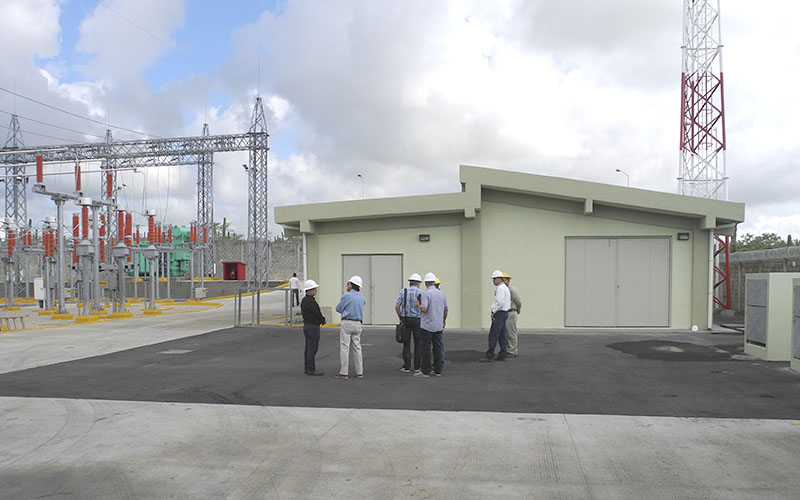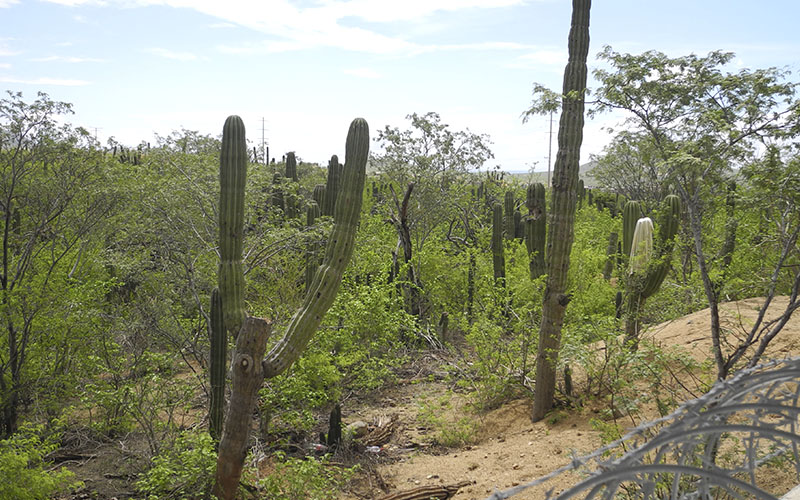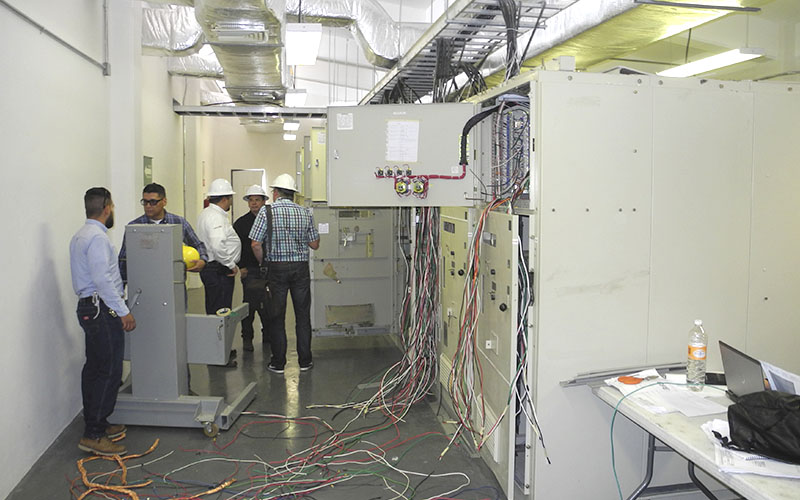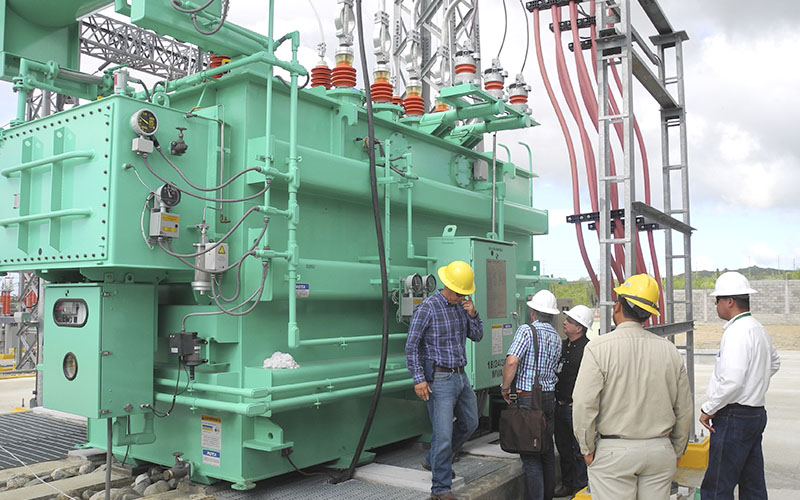
KINETIC POWER PLANTS
According to calculations by the International Energy Agency (IEA), the global energy consumption between 2008 and 2035 will still rise by 36 percent, even if all the governments implement the plans they have announced to convert their energy supply systems and reduce the emission of greenhouse gases.
However, the only long-term solution is the expansion of climate-friendly energy generation systems. In order to achieve this, the world needs to overcome its dependency on fossil fuels as quickly as possible. The alternative is the use of energy sources such as sunshine, hydroelectric, wind, geothermal and biomass energy.
In order to be in a position to do away with conventional power stations completely, we need technologies that can generate electricity entirely independently of sunshine and wind, at any time of the day or night.
Kinetic power plants (KPP®) have the potential to change the energy industry substantially.
The generation of electrical power by means of the revolutionary kinetic power plant (KPP®) technology would make it possible to provide the required electrical energy anywhere on earth – according to demand – without the use of fossil fuels. The result would be 100 percent green – and therefore clean – energy. Through worldwide conversion to this power generation technology, the immediate result would be that our biospheres could regenerate completely.
Besides the ecological aspect of our kinetic power plants, they are also very economical: In the long term, conversion to kinetic power plants costs considerably less than the continued use of power from the usual sources. To be precise, a worldwide conversion to renewable energy sources by 2030, at a cost of around USD 100,000 billion (1), would cost half as much as can be expected from the continued use of fossil fuel and atomic energy.
(1) Source: Dr. Werner Zittel, Energy Watch Group — GEO-Technik: »Der Weg zur erneuerbaren Energie« (The road to renewable energy)

